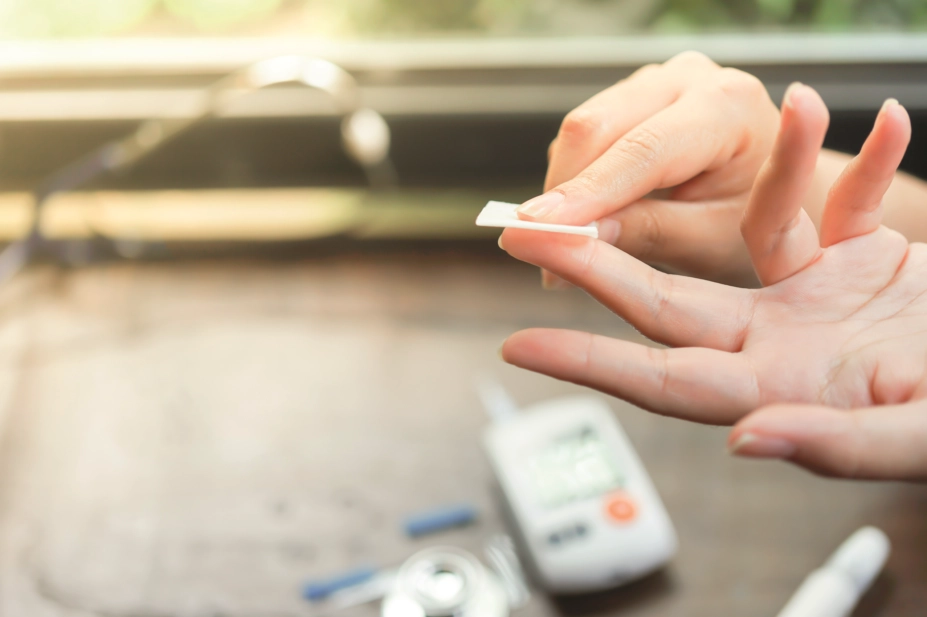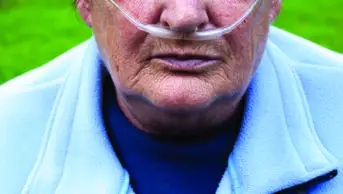
Shutterstock.com
Point-of-care testing could help reduce antibiotic use in patients with exacerbations of COPD, study results published in the New England Journal of Medicine show.
Researchers from Cardiff University, the University of Oxford and King’s College London carried out a randomised controlled trial involving 653 patients with COPD who consulted with their GP for an acute exacerbation of COPD.
The patients were assigned to receive usual care guided by a finger prick, point-of-care test for C-reactive protein (CRP) — a marker for inflammation in the body that rises rapidly in the blood in response to serious infections — or usual care alone.
After examining the antibiotic prescribing decisions made for each patient, it was found that a lower percentage of patients in the CRP-guided group received an antibiotic prescription at their initial consultation compared to the usual care group (47.7% vs. 69.7%) and during the first four weeks of follow-up (59.1% vs. 79.7%).
Nick Francis, a professor of primary care research from Cardiff University and one of the study authors, said: “Governments, commissioners, clinicians and patients living with COPD around the world are urgently seeking tools to help them know when it is safe to withhold antibiotics and focus on treating flare-ups with other treatments.
“This is a patient population that are often considered to be at high risk from not receiving antibiotics, but we were able to achieve a reduction in antibiotic use that is about twice the magnitude of that achieved by most other antimicrobial stewardship interventions and demonstrate that this approach was safe.”


